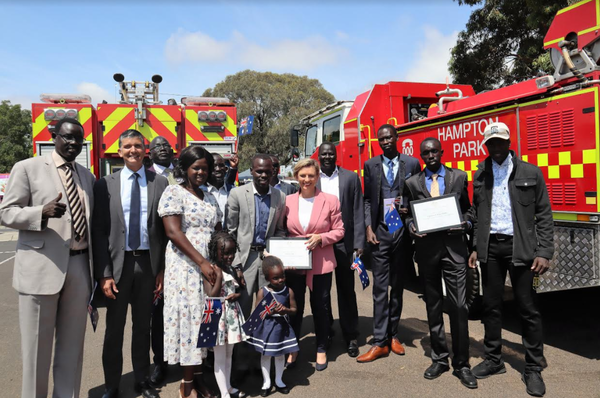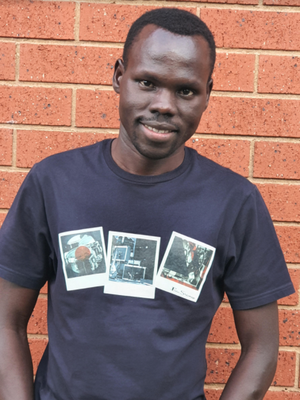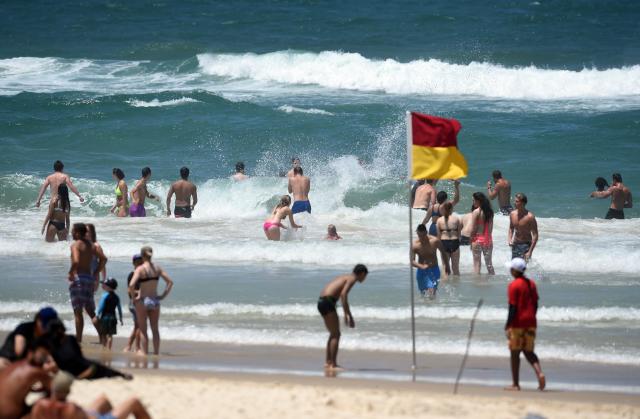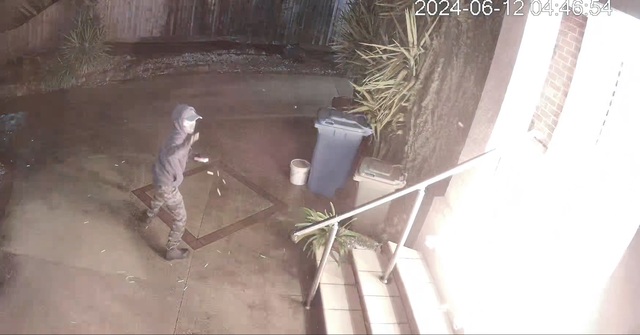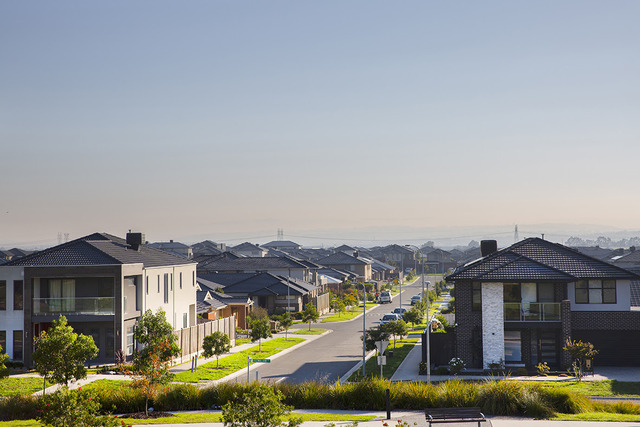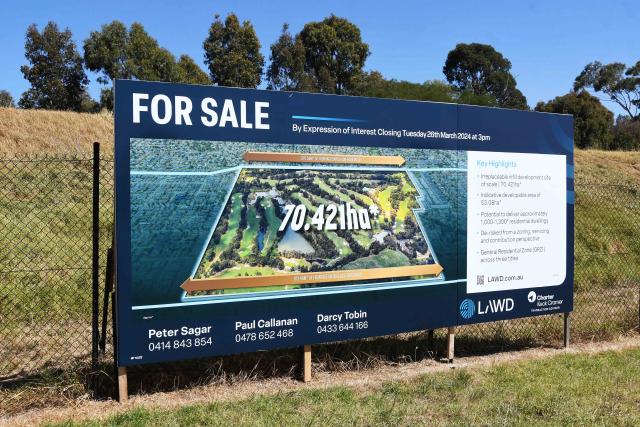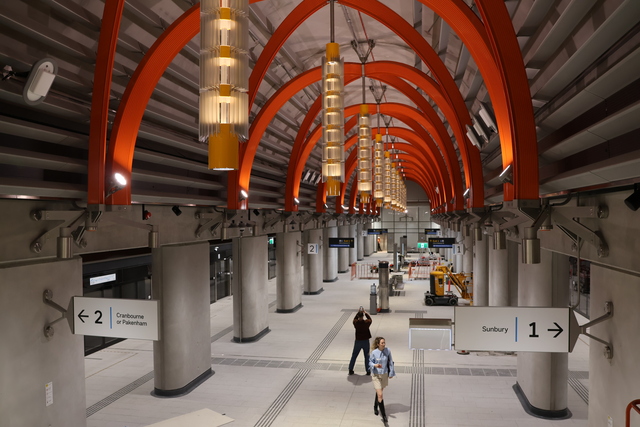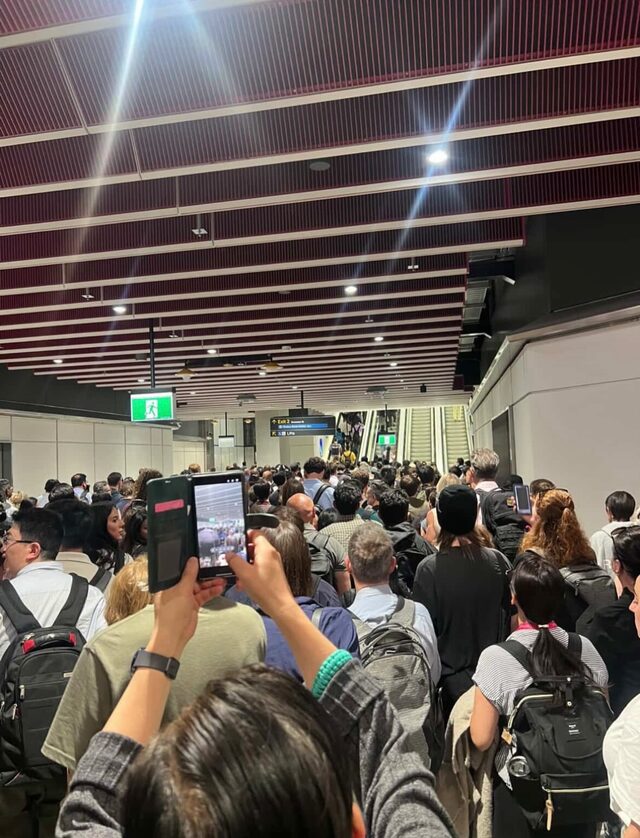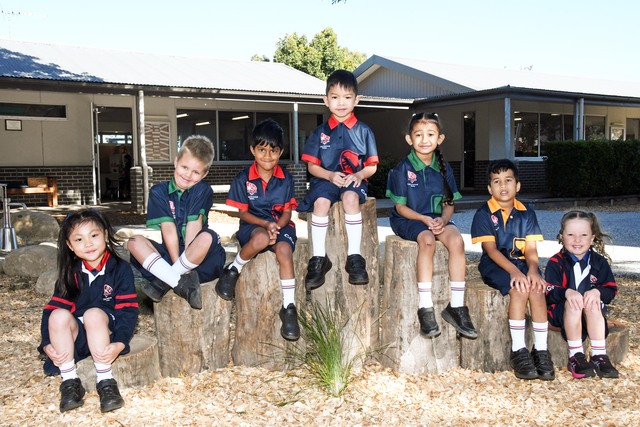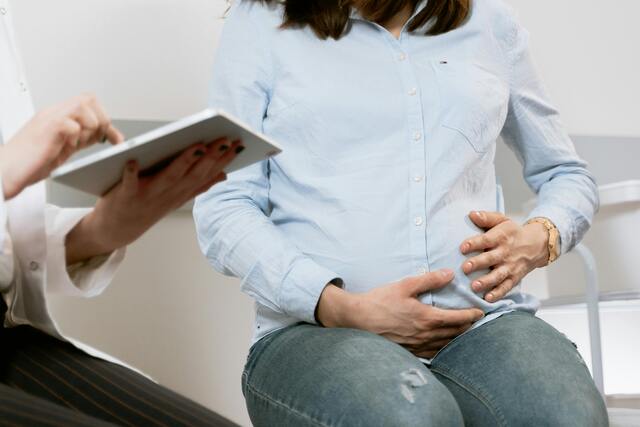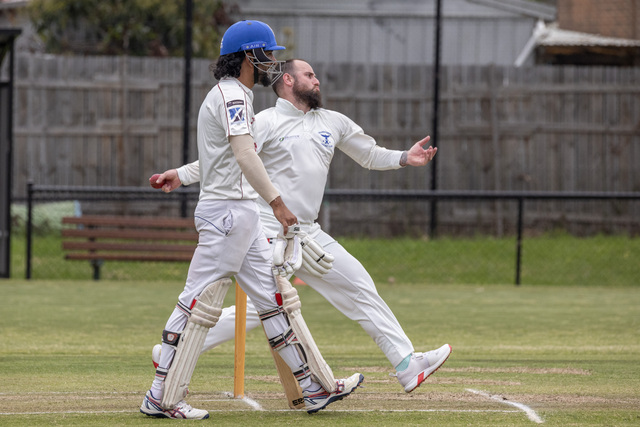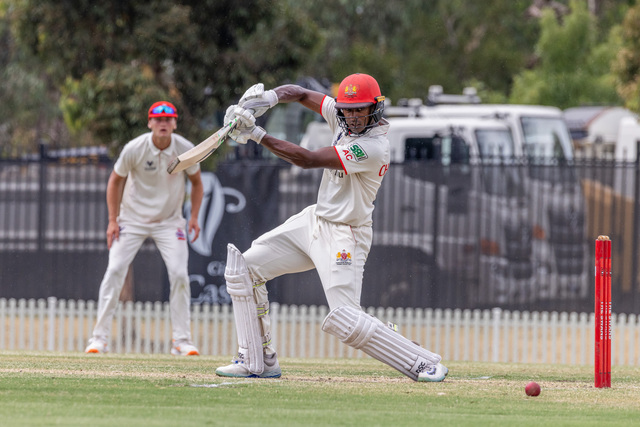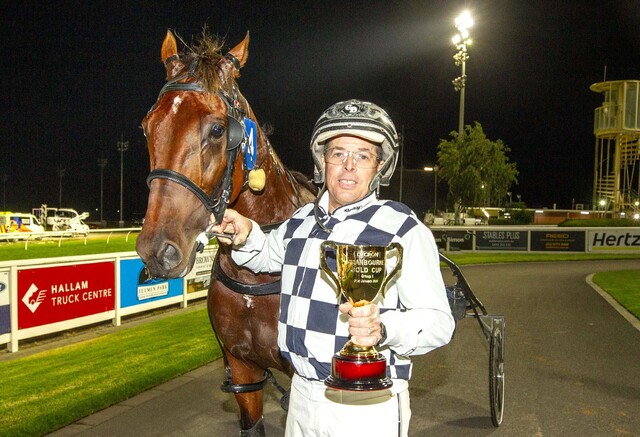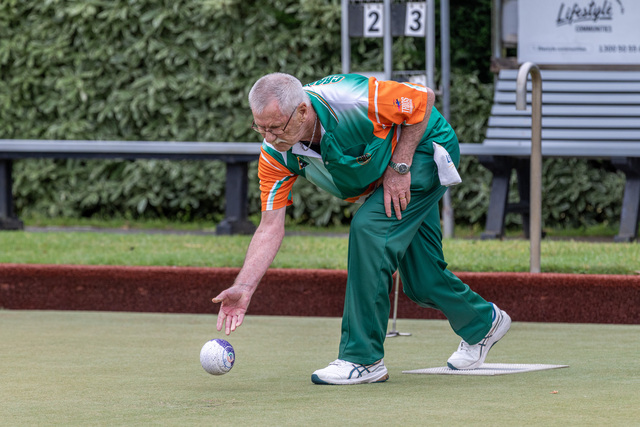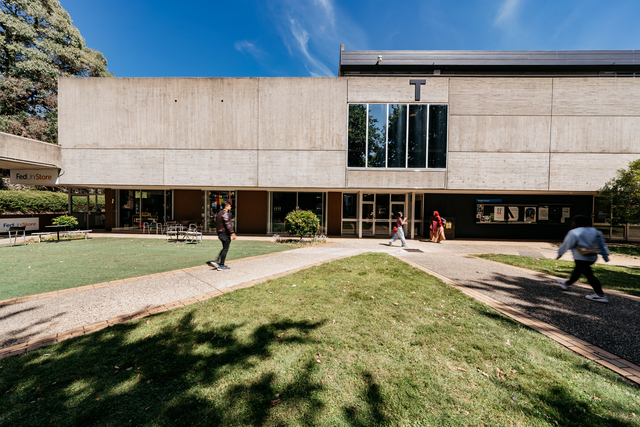Andrew Gai understands what it’s like to experience hardship. As a child he survived three famines in Sudan where fishing was the only way to get food – but even this became scarce as the legions of fish in the Nile River “disappeared”.
He recalled a time his brother returning to his family’s village empty handed and “that was it for that day and night”.
Mr Gai’s parents survived on a special grass called Apar during the 1986 famine – the year Mr Gai was born – while they cultivated their crops.
“Their stories of survival back in the village were nothing short of miracles,” Mr Gai, of Cranbourne said. “At times they survived on an old cowhide which they put in the water for days to soften it and then cleaned off the hair and everything else and cooked it.”
Today, Mr Gai, 33, who was honoured to have received a 2020 Holt Australia Day Award for his work with the South Sudanese community in Cranbourne, said the coronavirus crisis was a time to reach out to the vulnerable or less fortunate.
Like many, he wasn’t able to find essential grocery items like rice and toilet paper at his local supermarkets for over two weeks. “We need to keep in mind that we are dealing with a pandemic and not a famine,” Mr Gai said, who works for Anglicare Australia as a therapeutic practitioner with families impacted by family violence.
“The real spirit of a nation is seen and tested during a crisis. Our Government is assuring us that we do not need to panic, we do not need to stockpile and they have no plans to place Australia into full lockdown. Of course we need to plan ahead but panic-buying is unhelpful, inconsiderate and thus un-Australian.”
The Australian Food and Grocery Council says Australia produces enough food for three times the current population and consumers can be confident essential products “will continue to be available as the coronavirus runs its course”.
Mr Gai arrived in Australia in 2006 when he was aged 20 and “literally had nothing” but was fortunate to have met “good people in the community and in the church,” who helped him find a home, a job, and assistance with study.
“I am thankful for my parents because they showed me at a very young age how to make a living just by working hard and forward thinking. I had my small maize garden alongside my parents’ garden as a young boy and I also looked after our livestock. So I was prepared for any life challenges,” he said.
“I feel like I have a foundation now, mainly because God has blessed me with a family and a job where I can make a difference in people’s lives. My hunger has now shifted to being part of bringing about positive social changes in Australia.”
Globally, the coronavirus pandemic has upended life as we know it – with some observers likening the epidemic as the worst humanitarian crisis since the Second World War – but Mr Gai contends as a nation we can “emerge from the other side better and stronger”.
“From my personal experiences, I have learned that humans are very resilient creatures. Our survivability stems from our ability to adapt and work together to find solutions to our everyday problems. Life is full of lessons and tests and I am sure we will learn a lot from this Covid-19 experience. Let’s continue to look after one another, especially our most vulnerable. Together let’s face whatever may come calmly and safely.”

